CALL FOR ABSTRACTS | IASTE 2026 SHANGHAI Translating Tradition
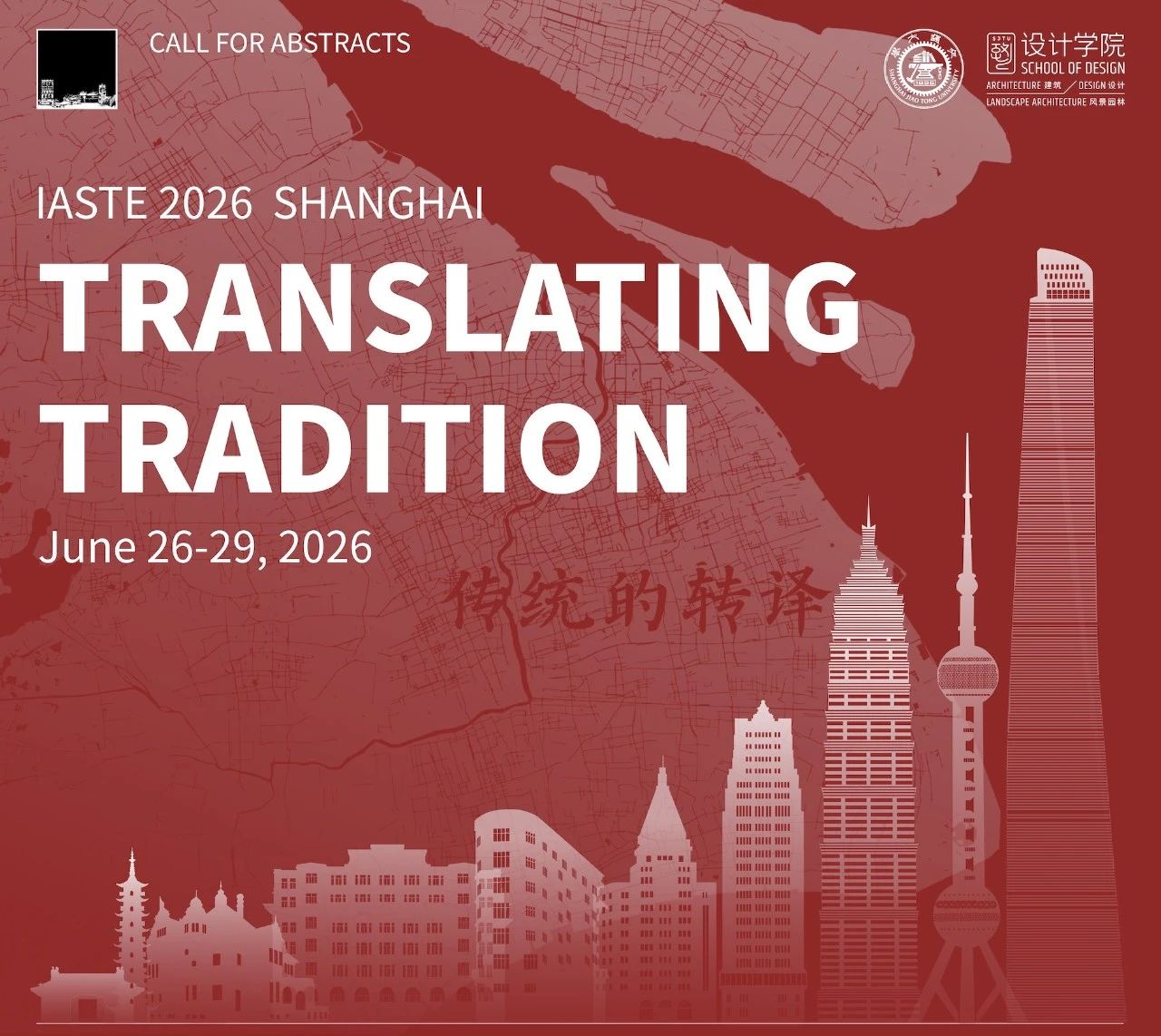
The 2026 conference of the International Association for the Study of Traditional Environments (IASTE) will be hosted by the School of Design at Shanghai Jiao Tong University, marking the first time this prestigious international academic event with over 30 years of history is held in Mainland of China. Under the theme of "Translating Tradition", this year's conference is expected to bring together over 200 scholars, architects, designers, and heritage practitioners from more than 50 countries. Prospective participants are required to submit a 500-word English abstract via the conference website (iaste.org) by September 15, 2025. For further details, please refer to the information below.

Tradition has always meant different things in different cultures and to different groups of people, ranging from legacies, transmissions, constraints, and their attributes. As IASTE has elevated the notion of "tradition" to be a focal point within the global intellectual dialogue, the translation of the term "tradition" itself varies according to historical and contemporary contexts across a myriad of socio-cultural landscapes. For example, in China, the equivalent term "chuan tong" plays a pivotal role in the making of the built environment. Hence, the translation of "tradition"— in a linguistic or practical sense—has been widely employed but insufficiently debated or defined. As pointed out in previous IASTE conferences, finding the exact equivalents of "tradition" in different cultures and languages is almost impossible. This is even more evident as its meanings in one single culture may change across time due to its dynamic nature. So how do we foster dialogues in both theory and practice on an international scale, given the uncertainty of the term's "translatability"? Would such dialogues enlighten contemporary design practice related to the processes of tradition? How has the development of new technologies helped to facilitate new practices of translation that reshape our relations to time and space in recent years? In this conference, we will not fixate on deriving a shared conclusion. Still, instead, we will strive to focus on the challenging, debatable, and critical processes of translating tradition across different arenas of theory and practice.
With the theme "Translating Tradition", IASTE 2026 in Shanghai aims to advance this discourse within the IASTE intellectual framework, set against the backdrop of the vibrant metropolis of Shanghai, located between China and the world, where tradition has been dynamically translated, constructed and redefined. Lying at the crossroads of Eastern and Western culture since the mid-19th century, Shanghai has been translating tradition from the West to the East, as seen in its rich architectural heritage referred to in China as "the architectural expo of the world". At the same time, it has translated its multicultural traditions into the present through vibrant design practices in a globalized context. Throughout this process, one may ask, for example, in the case of Shanghai, what new knowledge has been produced through ongoing processes of cross-cultural exchange and construction of the modern built environment that came to be identified with Shanghai itself? How have these dynamics ushered new relations to China's cultural past and urban identity of Shanghai, which once lay at the margins of Western modernity and the center of Chinese modernity? As we embrace the role of diverse traditions in shaping the built environments in cities like Shanghai, we often neglect to interrogate the crucial temporal, spatial, and socio-cultural processes involved in this translation. This is even more essential in metropolitan places and cities with multilayered histories. For instance, by whom and for whom are these translations intended? Which traditions are chosen or neglected in this process? How can we explain the semantic changes in both physical and non-physical dimensions?
IASTE 2026 will address theoretical complexities associated with translating the concept across languages and cultures and examine practical challenges faced by architects, urban designers, and heritage practitioners in translating and inheriting tradition in spheres such as urban renewal, rural revitalization, and heritage tourism. The organizers of IASTE 2026 invite prospective participants to submit papers that consider numerous ways in which traditions have been translated across dimensions of space and time. As in past IASTE conferences, scholars, professionals, and practitioners from anthropology, architecture, architectural history, conservation, design, folklore, geography, history, planning, urban design, landscape architecture, urban studies, and related disciplines are encouraged to submit papers that address one of the following tracks:
TRACK I: TRANSLATIONS OF THE CONCEPT OF TRADITION ACROSS SPACE AND TIME
Papers in this track will delve into the intricacies and complexities of translating the term "tradition" across varied linguistic and cultural spectra. Given the multifaceted interpretations and applications of tradition, papers are encouraged to reflect upon, dissect, and redefine the theoretical contours of tradition as mentioned earlier with the Chinese notion of "chuan tong". How does one understand and articulate the concept of "tradition" in a global lexicon? Where does the term overlap or diverge across cultural paradigms? By anchoring our discussion in such questions, this track aims to elucidate tradition's diverse intellectual constructions and theoretical legacies.
TRACK II: DEPLOYING TRADITION IN PRACTICE ACROSS CULTURES
Tradition isn't merely an abstract concept. It is dynamically embodied in tangible manifestations, reshaping spaces and influencing the built environment over time and across cultures. Papers in this track will unravel the challenges and innovations associated with deploying traditions across various local, national and international boundaries. This track will provide insights into how architects, urban designers, and heritage practitioners negotiate, embrace, or adapt traditions by focusing on real-world scenarios such as urban renewal, rural revitalization, and heritage tourism. How do these professionals bridge the past with the present, the local with the global, and the inherited with the innovative? This track explores these intersections, offering a holistic understanding of tradition's practical implications in our rapidly evolving world.
TRACK III: OPEN TRACK
As with previous IASTE conferences, IASTE members and scholars who have produced new and innovative work on popular, vernacular, Indigenous, spontaneous, and other forms of traditional dwellings and settlements that may not directly address the conference theme are invited to participate in this open track. Papers will be selected based on quality and assigned to similar papers in theme sessions.
SPECIAL SESSIONS/PANELS
Over the past few years, IASTE conferences have included special sessions and panels on conference themes collectively organized or sponsored by specific groups or institutions. Such proposals are welcome again in 2026 to facilitate outreach to researchers from disciplines not normally engaged with IASTE or to introduce new topics or debates.

Deadline for abstract submission: September 15, 2025
Notification of acceptance of abstracts: November 15, 2025
Deadline for Early-bird registration: January 1, 2026
Deadline for Presenters registration: February 1, 2026
Deadline for WPS 2026 paper submission: May 1, 2026
Deadline for presentation submission: June 1, 2026
Conference activities: June 26-29, 2026
Post-conference tour: June 30, 2026

Please refer to our website (iaste.org) for detailed instructions on abstract submissions. A one-page abstract of 500 words and a one-page CV are required. For further inquiries, please email IASTE at coordinator@iaste.org. Proposals for complete panels of four to five papers are also welcome. Please indicate the track in which the panel fits. Panel submissions must include an overall abstract in addition to abstracts and CVs from all proposed speakers. IASTE may accept the panel as a whole or only accept individual abstracts and place them in appropriate tracks.
All papers must be written and presented in English. Contributors whose abstracts are accepted must preregister for the conference, pay the registration fee of $450 (which includes IASTE membership for 2024), and expected to prepare a full-length paper of 20-25 double-spaced pages. Registered students and spouses may qualify for a reduced registration fee of $250 (which also includes IASTE membership for 2026). Please note that the registration fee does not cover expenses associated with hotel accommodations, travel, and additional excursions and must be paid directly to the hotel or designated travel agent. The registration fee covers the conference program, conference abstracts, and access to all conference activities, theme sessions, keynote plenary talks, receptions, and a walking/bus tour of the city.

Mark Gillem, University of Oregon, IASTE President and Conference Director
Xing Ruan, Shanghai Jiao Tong University Local Conference Director
Hesham Issa, Cairo University, IASTE Secretary General and Conference Co-Director
Nezar AlSayyad, U.C. Berkeley, IASTE President Emeritus and Program Committee Chair
Montira Horayangura, UNESCO, IASTE Vice President
Adnya Sarasmita, IASTE Conference Coordinator
Huaqing Huang, Shanghai Jiao Tong University Local Conference Coordinator
Mark Gillem(俄勒冈大学)–大会主席兼会议总负责人

Xing RUAN, Dean of the School of Design, Guangqi Chair Professor of SJTU/ Director
Yongkang CAO, Vice Dean/Professor of the School of Design
Huaqing HUANG, Coordinator/Associate Professor, School of Design
Hao WANG, Assistant Professor, School of Design
Qian DU, Associate Researcher, School of Design
Abraham ZAMCHECK, Assistant Professor, School of Design
Shuai DU, Secretary of Foreign Affairs, School of Design
Yang BAI, Office of Foreign Affairs, School of Design

Nezar AlSayyad(加州大学伯克利分校,主席), Mohamed Gamal Abdelmonem(约克大学), Heba Ahmed(开罗大学), Hamad Nasser Alsaiari(沙特国王大学), Tiago Castela(波尔图大学), Howayda al-Harithy(贝鲁特美国大学), Mohammad al-Jassar(科威特大学), Anne Marie Broudehoux(魁北克大学), Yin Cao/曹寅(北京大学), Cecilia Chu(香港中文大学), Mui Ho(加州大学伯克利分校), Puay Peng Ho(新加坡国立大学), Huaqing Huang/黄华青(上海交通大学), Hong Jiang/江泓(东南大学), Chee-Kien Lai(新加坡国立大学), Geng Li/李耕(澳门理工大学), Yingchun Li/李颖春(同济大学), Yishi Liu/刘亦师(清华大学), Jing Luo/罗晶(中央美术学院), Min Tang/唐敏(同济大学), Ipek Tureli(麦吉尔大学), Hao Wang/汪灏(上海交通大学), Lala Zuo/左拉拉(上海纽约大学)

School of Design, Shanghai Jiao Tong University

Two awards will be given for papers presented to the conference: the Jeffrey Cook Award for the best paper by a scholar dealing with traditional dwellings the Eleni Bastea Award for the best paper on an urban Issue. Most winners will receive a monetary award, and their papers will be published in the IASTE journal Traditional Dwellings and Settlements Review (TDSR) after appropriate review and revision. In addition to these standard paper awards, IASTE will offer a number of Conference Attendance Grants. These stipends will be awarded to graduate students and junior scholars on a merit-need basis. The funds may be disbursed before the conference to offset registration fees or after the conference as reimbursement for travel or accommodation expenses.

On both Xuhui and Minhang campuses of Shanghai Jiao Tong University, in venues with history across 130 years. The School of Design's main building, which is a translation of the Chinese traditional housing culture and wooden structure, will hold the opening session and some other major events. The Xuhui campus is located in the historic center of Shanghai and is one of China's earliest modern university campuses. It will host all the paper sessions.
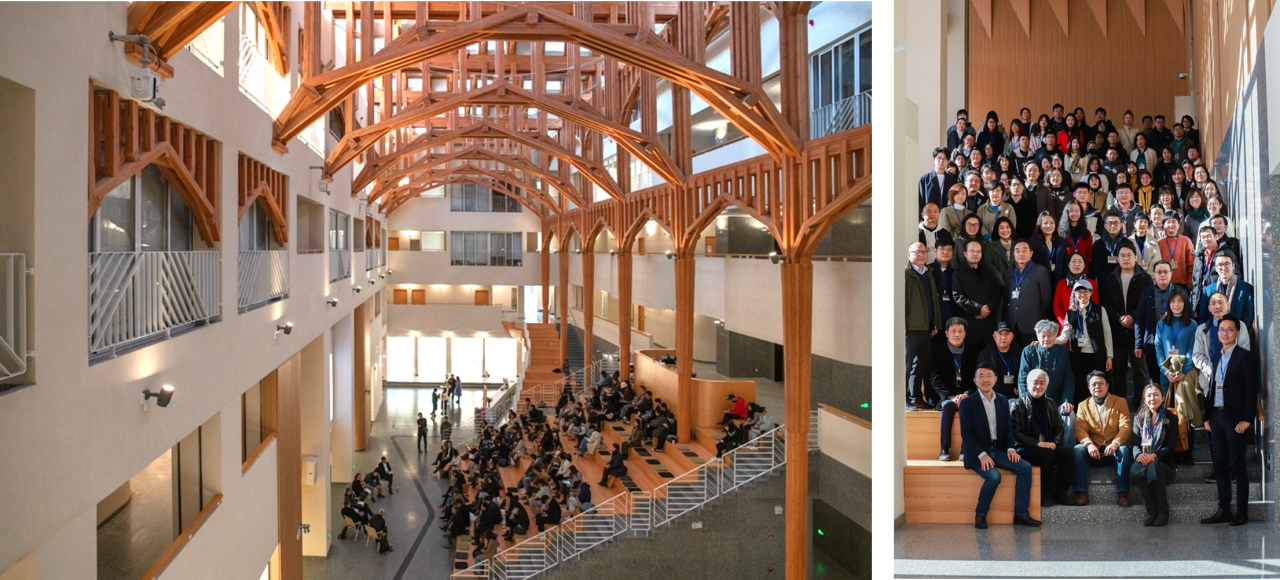
Main Venue,
Shanghai Jiao Tong School of Design Building
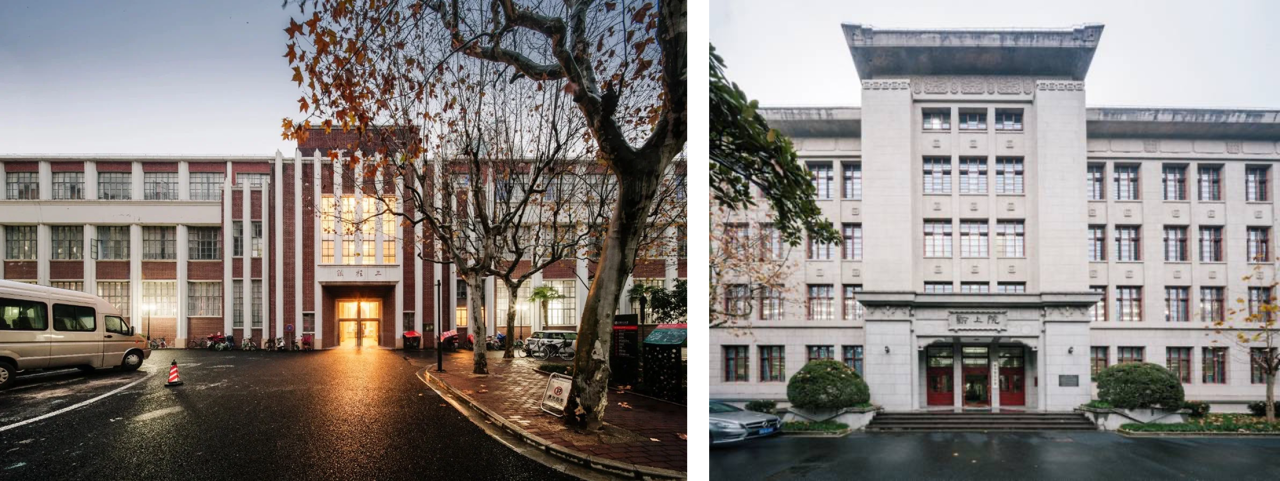
Other Venues, Xuhui Campuse, Shanghai Jiao Tong University

Three walking tours will be organized to explore Shanghai's various faces, including the historical center, the former foreign concessions from the mid-19th to early 20th century, the waterfronts, and urban renewal districts with avant-garde design.
Tour 1: Dwelling in Central Shanghai: An Urban History since the 19th century
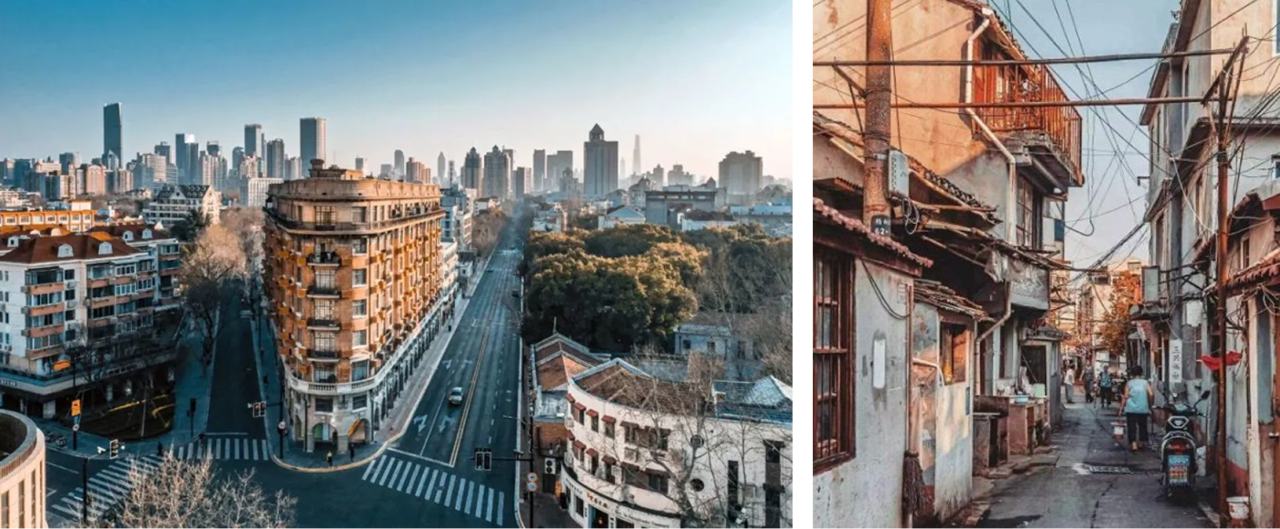
Tour 2: The Bund: From History to Future
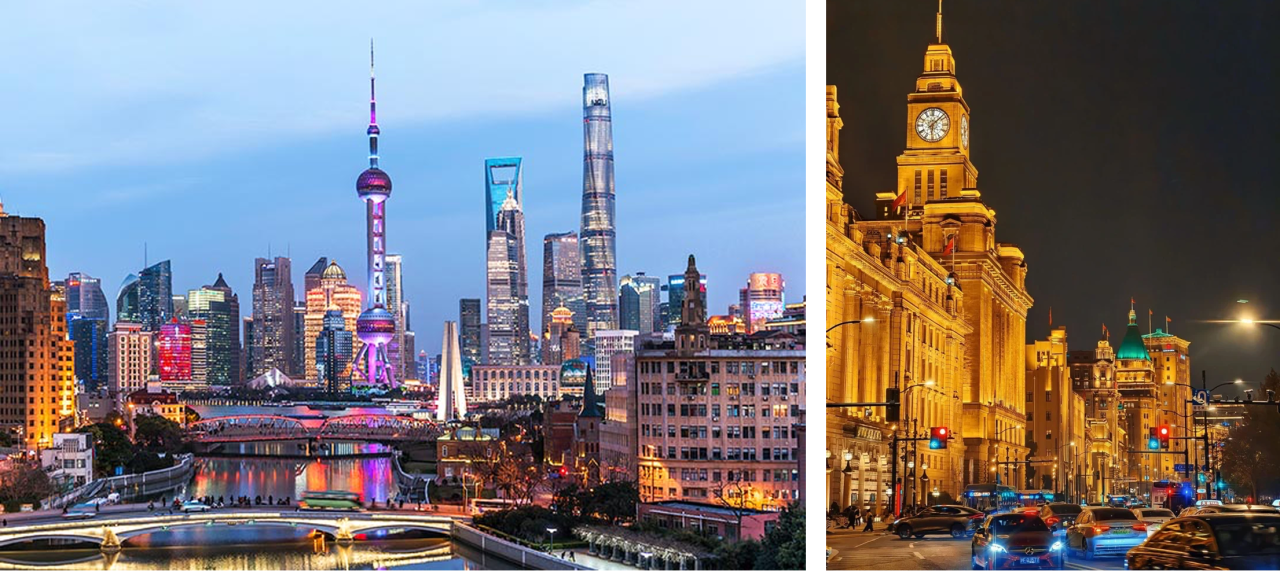
Tour 3: Urban Renewal of the Industrial Water Fronts
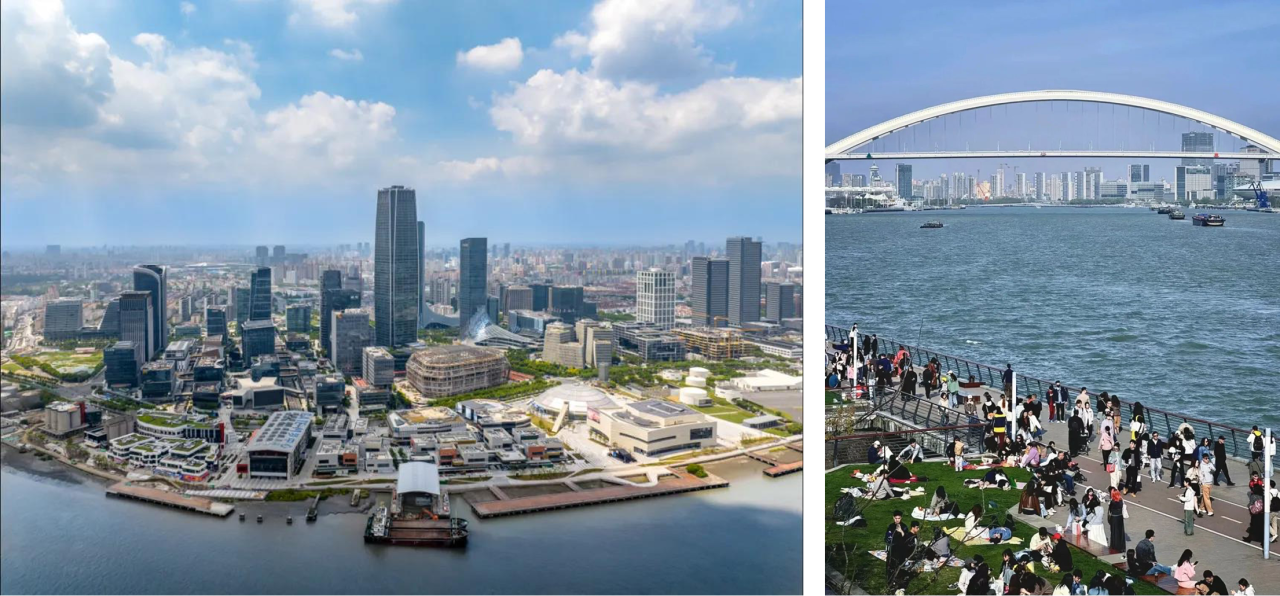

Route 1: Watery Town in Traditional Shanghai
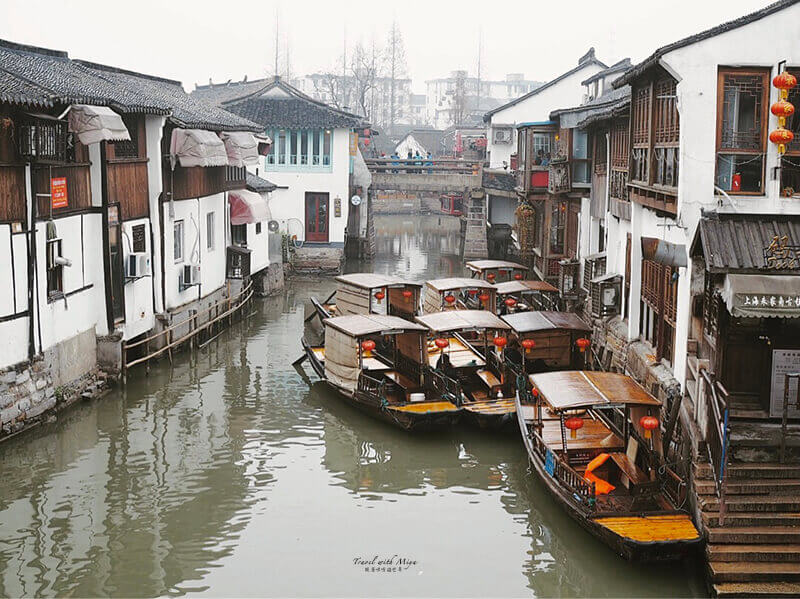
Route 2: Classical Gardens of Suzhou (a UNESCO World Heritage Site)
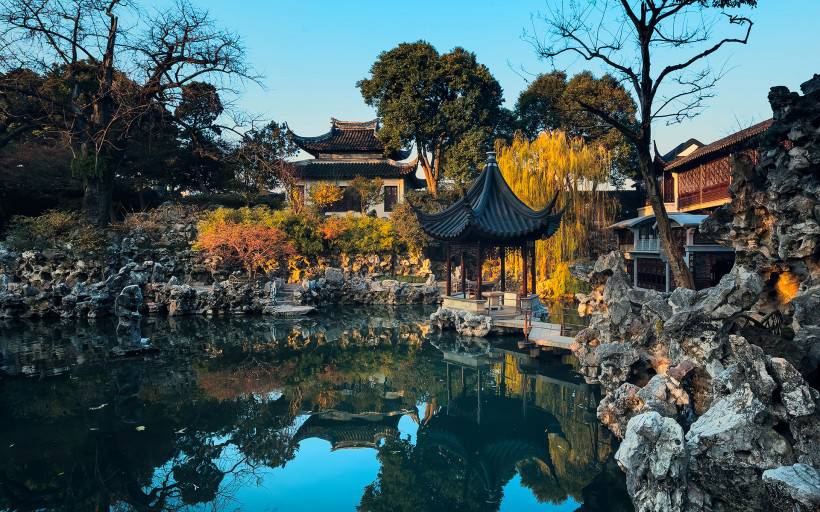
Further information about the post-conference tours will be updated later.
参观代理:Shanghai Ctrip International Travel Agency Co., Ltd
联系方式:Davidsong_@outlook.com

Crowne Plaza Shanghai by IHG is a 5-star hotel located within walking distance to the Xuhui campus, where all the paper sessions will take place. It is also located in the city center with convenient metro connection to the airport and major tourist sights.
For reservation and inquiries, please contact the hotel directly through email reserves@cpsha.com. Please mention "participants for IASTE 2026 conference" to enjoy the conference rates.
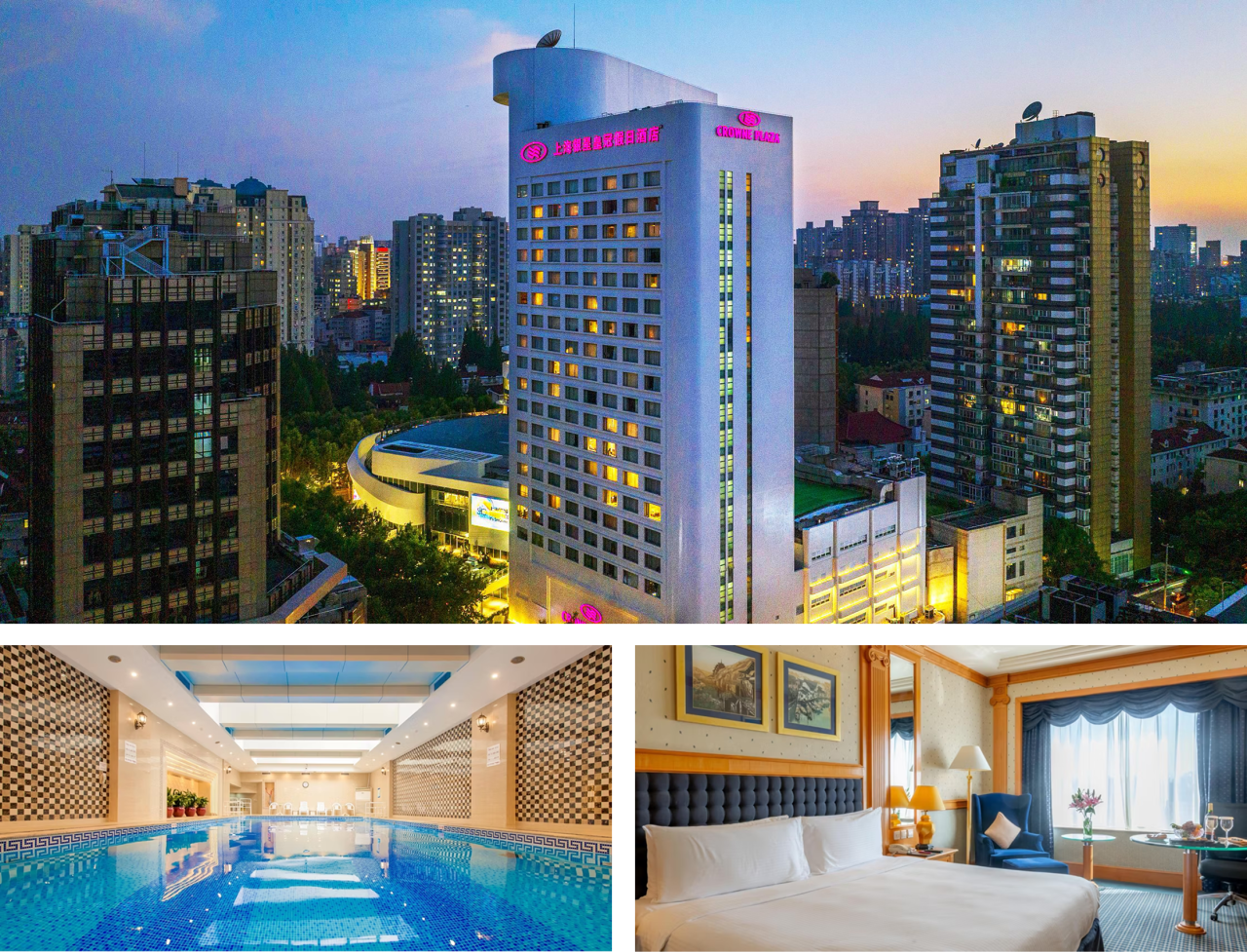
Hotel Crowne Plaza Shanghai
上海银星皇冠假日酒店
Standard: 600 RMB/night
Standard Work Life: 700 RMB/night
Standard Technology: 750 RMB/night
Standard Lounge Access: 900 RMB/night
(All the room types have choices of king bed / twin room. Please mention your preference upon reservation.)